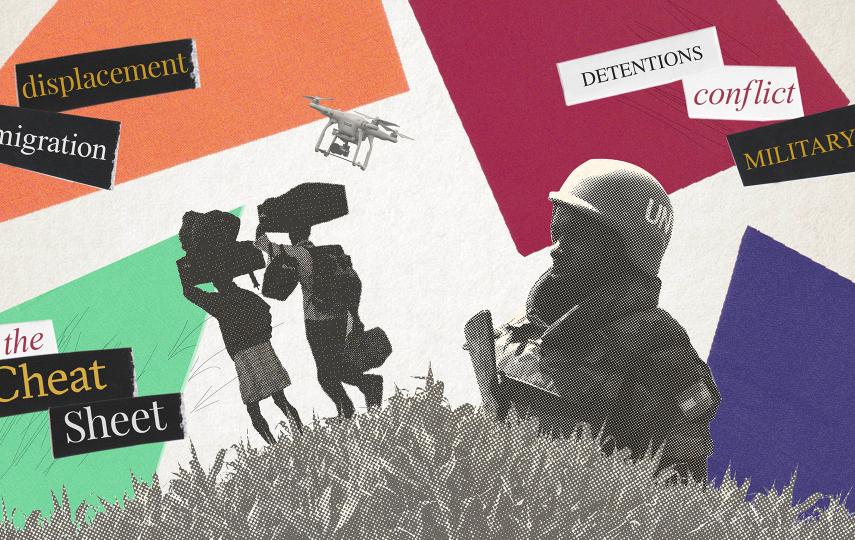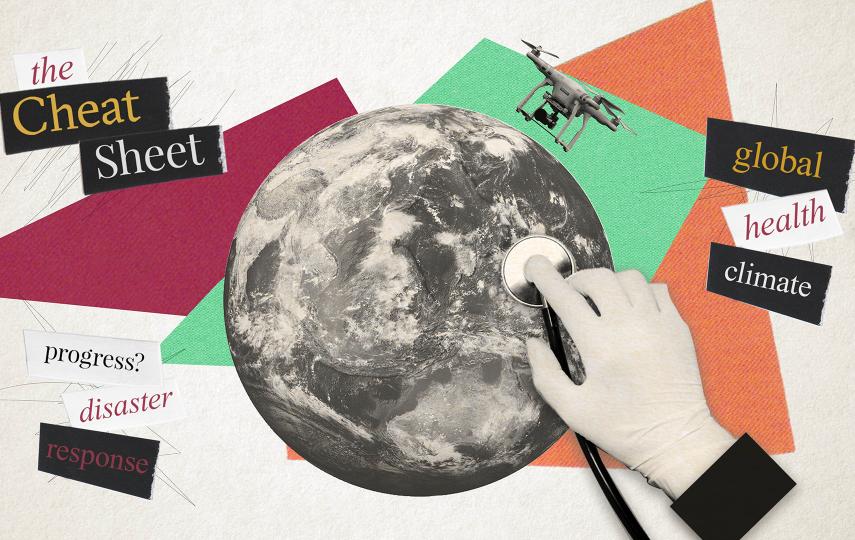Over the last two decades, 200 million people across the world have been lifted out of hunger. But as climate change brings more frequent and severe weather shocks such as droughts and floods, and makes rainfall patterns less predictable, these gains are under threat.
Throughout 2017, IRIN has been exploring the impact climate change has had on a large group of people who are extremely vulnerable to its effects and yet play a negligible role in causing it: smallholder farmers in Africa.
Agriculture is Africa’s biggest employer. But mean temperatures are expected to rise faster in the continent than the global average, decreasing crop yields and deepening poverty.
IRIN has now completed a reporting project – conducted with support from the Open Society Foundations – to outline the challenges that global warming is triggering, and to explore what local communities are doing to adapt and reduce their vulnerability.
The project covers four countries – Kenya, Nigeria, Senegal, and Zimbabwe – with the goal of sharing lessons learned so that small-scale farmers everywhere can be better supported as their challenges multiply. It provides a platform for policy discussion, and for the voices of those men and women on the front lines of climate change to be heard.
We have compiled all the articles into an e-book, which you can download here.
It contains field reporting on: climate-related problems and threats such as desertification in Nigeria, soil salination in Senegal, and the lack of technical support available to smallholder farmers in Zimbabwe; the range of responses and solutions adopted by farmers and governments; and how livestock-raising communities in the Kenyan county of Turkana are facing up to one of the worst droughts in living memory.
The document also includes three fact files full of key information about how adaptation finance works; the relationship between climate change, food security, and adaptation; and the specific climate challenges faced by pastoralist communities.
am/ag

